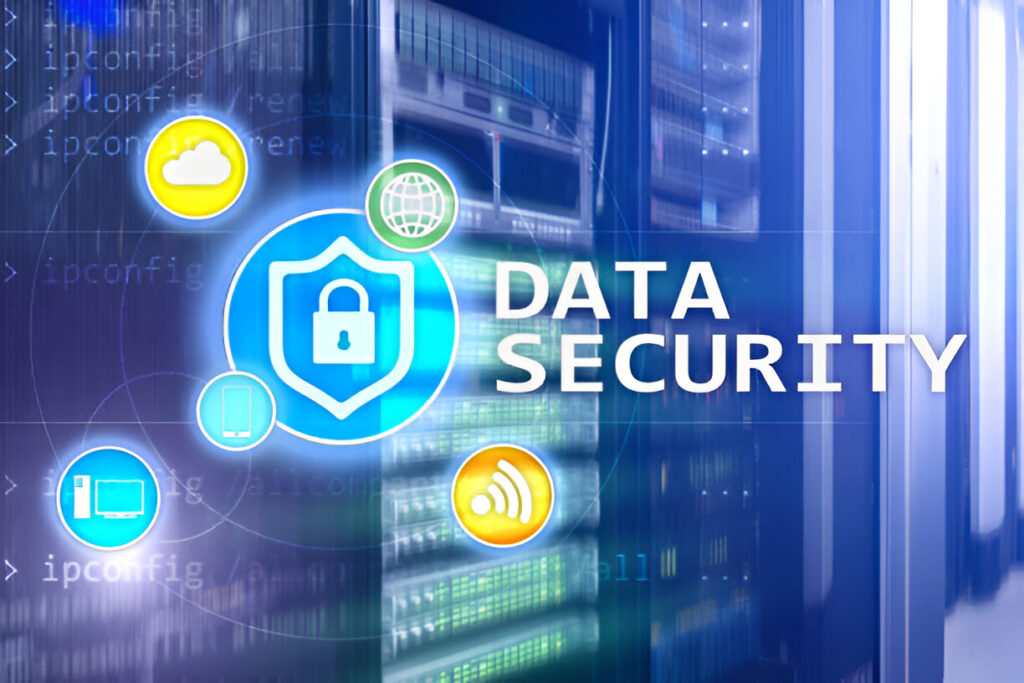A new report has revealed that cybercrime in the United States saw a 22% increase last year. Ransomware alone resulted in $59.6 million, a 74% jump from 2022. With such crunching numbers in mind, staying safe and secure online has never been more critical in 2024. Today, websites and apps collect data such as your IP address and browsing history at every click.
Thankfully, technology allows you to mask your online footprints and browse more securely. Many individuals and professionals use VPNs (Virtual Private Networks) and proxies to hide and secure their information. But although these two privacy solutions may serve the same purpose, they may differ slightly in operations.
In this article, we’ll discuss the key differences between proxy servers and VPNs. These differences should help you make a more informed decision regarding your online security.
What are Proxy Servers?
A proxy server is simply a networked computer with its own IP address. It serves as the ‘middleman’ between internet users and the sites they visit. When you use a proxy, all the internet traffic passes through the server. This can prevent online scammers from tracing your traffic while giving you access to geo-blocked content.
Proxy servers are available in several categories, including:
- Transparent proxy – This proxy makes direct requests without IP address changes.
- Forward proxy – It forwards your request to the internet through a firewall.
- Reverse proxy – Forwards requests from the internet to you via a firewall.
- Anonymous proxy – These proxies change your IP address on web servers.
- Protocol proxy – It encrypts web traffic using protocols like HTTPS and HTTP.
What are VPNs?
VPNs are arguably more popular than proxy servers partly due to their straightforward setup and implementation. They provide your device with a remote server accessible through a private tunnel. All your web traffic goes via the encrypted tunnel, making it almost impossible for anyone to steal your data. Like proxies, VPNs also mask IP addresses.
Differences Between Proxy Servers and VPNs
Proxy servers and VPNs can effectively mask your IP and let you browse the internet more securely. However, as expected, there are several differences to know before deciding. Below are the main differences between these internet protection solutions:
IP Masking
IP masking has become a popular trend in this internet era, where websites and apps track users. Masking your IP is essential if you want to access a website that’s unavailable in your state or country. Both proxy servers and VPNs can effectively mask your IP address. In return, this lets you browse the web freely and anonymously. But proxies don’t offer total protection, unlike VPNs. That’s because its privacy doesn’t cover web requests. This is especially true with free proxies that use ad-based revenue models, which might allow some websites to track traffic.
Data Encryption
This is another less desirable reason to use proxies. As mentioned earlier, VPNs provide an encrypted tunnel for users to browse the internet without sharing their addresses or data. Your data is practically unreadable to interceptors like hackers and ISPs. Some VPN providers also offer extra security using DNS leak protection and kill switches. The latter turns off the internet connection whenever the VPN connection drops.
Proxy servers, on the other hand, rarely encrypt internet traffic. Although they can hide your IP address excellently, the data you share online can be intercepted by hackers and scammers. This makes proxies unsuitable for activities where sharing important information Is involved.
An example is online gambling. Gamers are often required to share personal information like phone, credit, and ID numbers before playing at online casinos for real money. If left unprotected, this information can fall in the wrong hands. Only use encrypted proxies or premium VPNs when sharing vital information online.
Bypassing Geo-Restrictions
Many online organizations depend on geolocation technology to reroute visitors and tailor their content to specific markets. These brands know that digital marketing is becoming highly dependent on geolocation. They can carry out activities like SEO research, price aggregation, and web scrapping to meet the needs of a specific audience.
Proxies and VPNs can help individuals and businesses bypass geo-restrictions and access locked content. However, some websites use VPN-blocking measures like Deep Packet Inspection and Port Blocking to lock out traffic. This makes proxies a more effective way to access geofences. For example, software developers can use proxies to test app compliance with regional internet rules.
Connection Speed
VPN providers encrypt all web requests before sending them to their servers. While this can make the connection more secure, it might require more computing power. This can lead to slow VPN connections. Conversely, proxy servers don’t encrypt traffic, meaning there’s no encryption overload to slow down the connection.
However, traffic on free, unsecured proxies can be very high. This might also apply to free VPNs. As a result of high traffic volume, the VPN or proxy provider may find it challenging to maintain high internet speeds. In addition, most proxies, including paid options, have limited bandwidth. So, VPNs offer slightly faster connection speeds.
Proxy Servers vs VPNs: Final Thoughts
Choosing between proxy servers and VPNs might ultimately come down to specific needs. Both will hide your IP address, allowing you to browse the internet more anonymously. However, VPNs go further to encrypt traffic by making your device’s IP address invisible to hackers and scammers. This might, sadly, mean slower connection speeds and high subscription costs compared to proxy servers. Both technologies can open up a world of new opportunities to explore.

